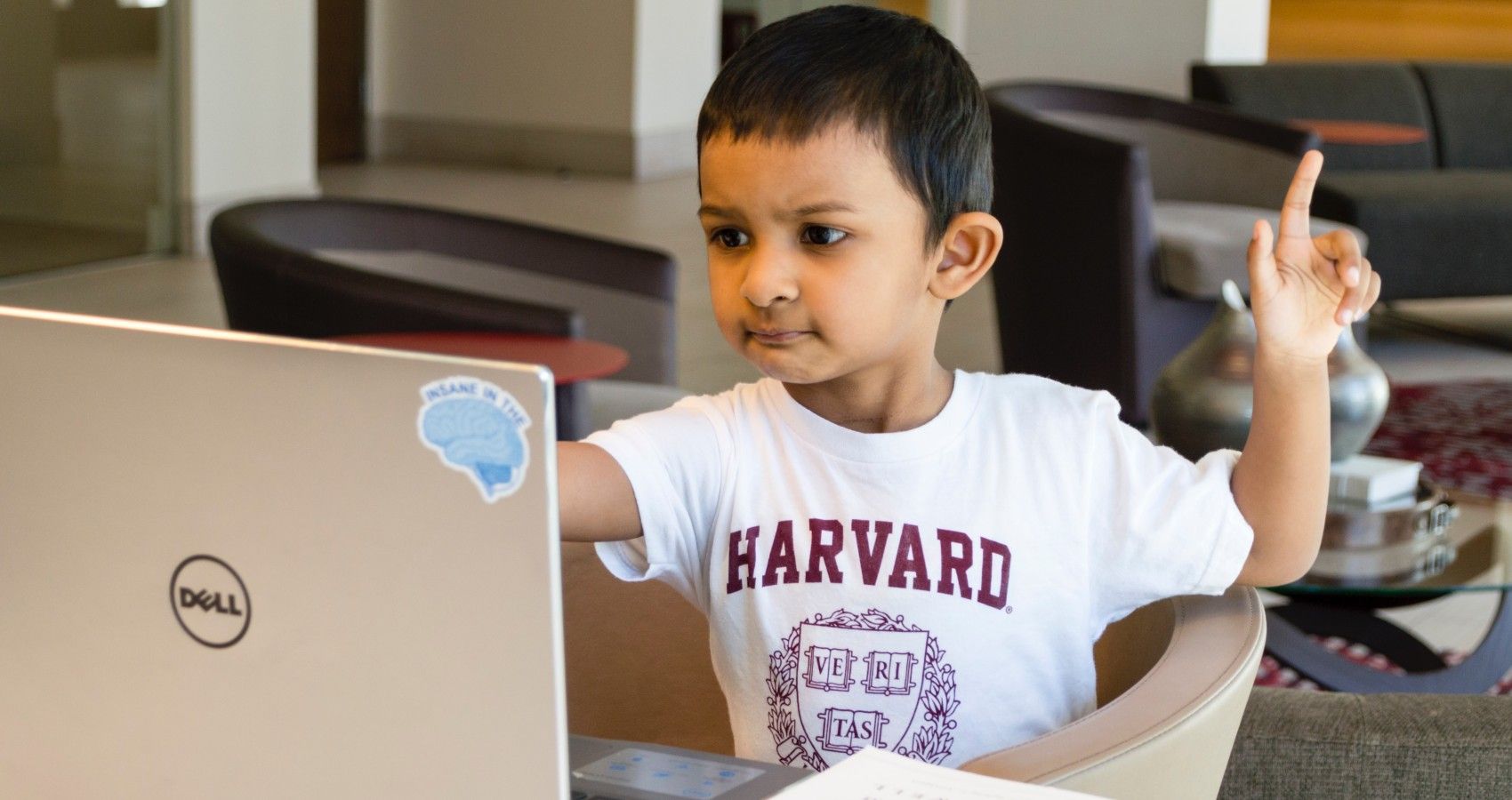A new study about screen time is showing that it may not be as bad as we all thought and it may bring some relief to parents everywhere. Screen time has been one of the most stressful things for parents recently. As the COVID-19 pandemic raged on, children spent more time on screens than they may have ever before, and this comes with concerns. Parents are trying to be mindful of how much screen time their children get, but in this modern world that runs on technology and digital devices, it can be challenging. They may be looking for some reassurance that it is not that bad for their child.
According to Medical Xpress, a new study may be bringing that relief as it discovers that screen time may not be as bad for children as we once believed. This study was published in the journal, PLOS One, and it can be read in full here.
The study found that spending time on screens is not directly harmful to young children. While this may make parents breathe a sigh of relief, there is still reason to be mindful. While it may not be as harmful as we once thought, yet there is still harm in too much screen time.
No strong links were found between screen time and depression and anxiety in children. The study involved about 12,000 children in the US that were 9 and 10 years old. The findings indicate that the concerns about screen time are very real, but they are “too small to worry about.” This comes at the end of the pandemic, where a lot of families relied on screen time due to having to work from home or to find ways to entertain their children during the various lockdowns.
The top concern about screen time, in general, was that it has a negative impact on a child’s mental health, as well as their social interactions and their sleep quality. Throughout the study, the researchers did find that there was a small association between screen time and sleep, attention, mental health, and academic performance, they could not pinpoint that the cause of these issues was directly related to screen time or if there were other factors. The message this study may send to parents is that a balance is needed between screen time and other activities and that everything in moderation is just fine.
Sources: Medical Xpress, PLOS One

